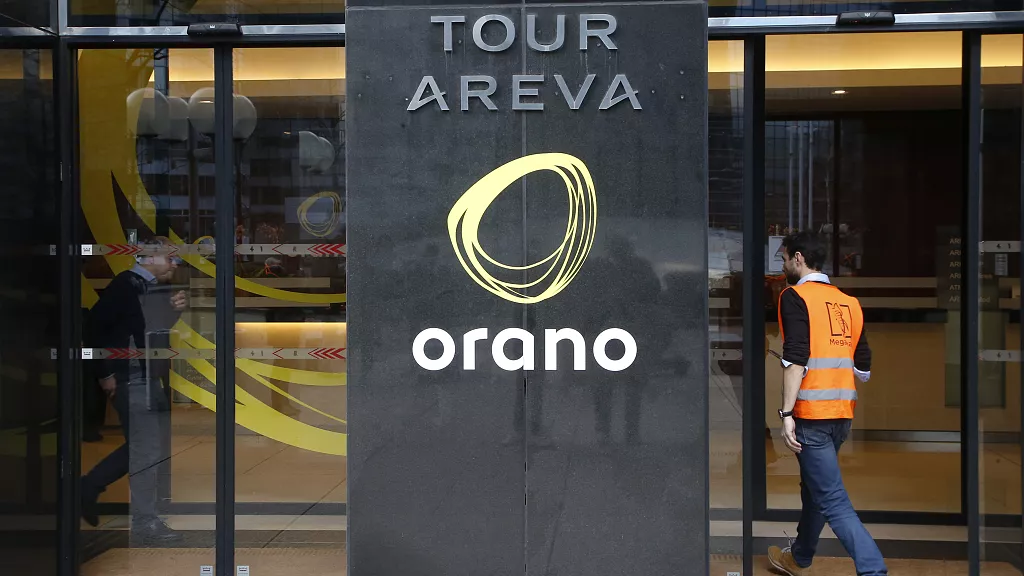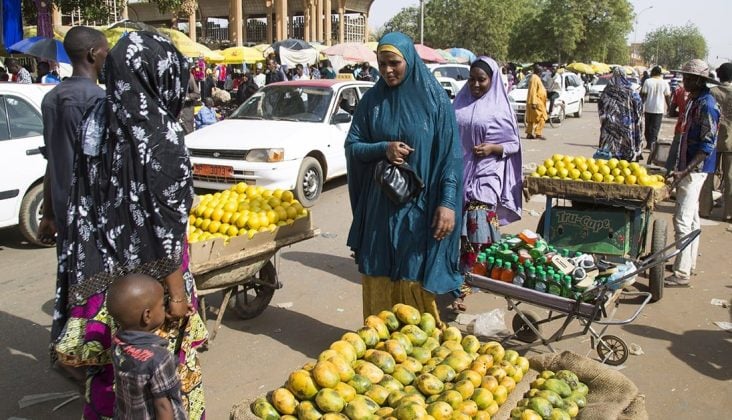The French nuclear fuel specialist reported a loss of 133 million euros for the first half of the year, according to results presented on Friday. This contrasts sharply with the first quarter of 2023 when the company posted a net profit of 117 million euros.

This year, however, the company is facing difficulties. One major issue is Niger’s decision in June to strip the company of the Imouraren mine, the largest in the world, with estimated reserves of 200,000 tons. Additionally, Somair, the subsidiary 63% owned by Orano, is struggling to export uranium from its Arlit operations in northern Niger. This is due to an export ban imposed by the military government in Niamey, which has been in power for a year.
In response to these challenges, the company was forced to sell its uranium production, originally intended to finance the closure of the site.

Meanwhile, one year has passed since mutinous soldiers overthrew Niger’s president, Mohamed Bazoum. Coup leaders said they deposed the elected government for two key reasons: its security and economic crises. But those challenges have not only persisted, they’ve worsened. And the country’s 26 million people, among the world’s youngest and poorest, are struggling.
The junta severed ties with key international partners, who imposed sanctions and suspended budgetary support close to half of Niger’s budget. After three months, where thousands of people once cheered the coup, there is growing frustration. Niger is now the latest nation in West Africa to be ruled by a military junta, joining Mali and Burkina Faso.
The juntas have gone on to form what they called the Alliance of Sahel States, shortened to the acronym AES.



